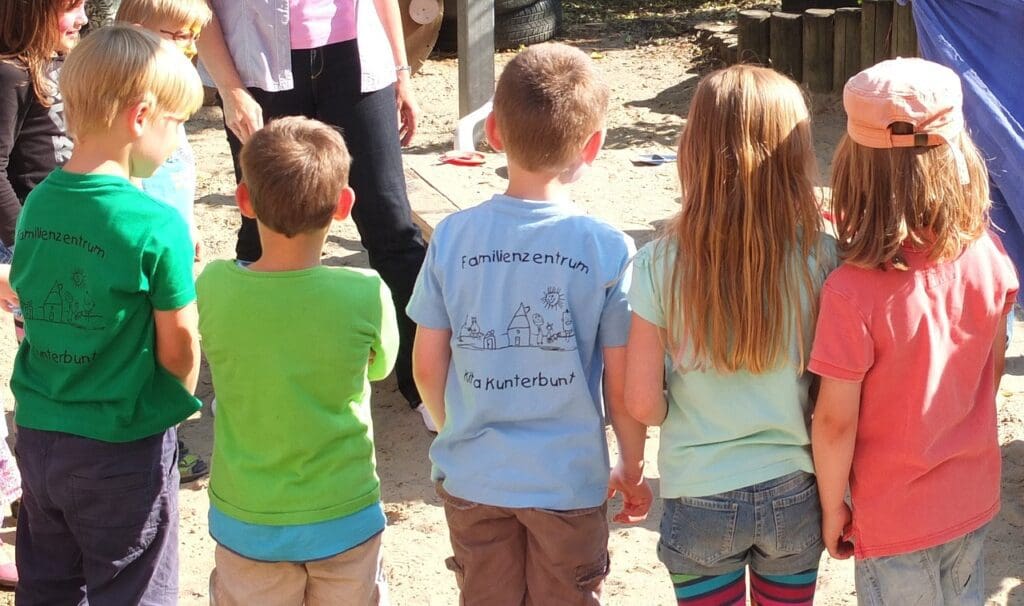If you have noticed that your child has the intellectual potential to become a genius one day, we have to warn you right now: you have to help them become a genius! How do you raise a genius?
As you might have guessed, raising a genius in Australia or anywhere else on the planet isn’t easy since it requires a lot of commitment on the child’s and the parent’s part.
Effort takes precedence over ability
As Thomas Edison used to say: “Genius is one percent inspiration and 99 percent perspiration.” Even if you have given birth to the most gifted child in the world, they have to earn their reputation. You achieve this by stressing the importance of effort over ability.
Namely, encourage your child that they can complete a task instead of telling them that it should be a no-brainer for them. Even when a child is intellectually capacious, they should be actively stimulated to develop their talent to the fullest.
Expose the child to diversity

One of the worst mistakes parents make with promising youngsters is isolating them and exposing them to single-minded people. Quite the contrary, children should feel the whole gamut of the human experience.
For example, instead of an elite Sydney or Melbourne high school, your child should go to the school where other children from the neighborhood go. This way, they will meet all sorts of personalities, and you’ll always be able to send them to extra piano or swimming lessons.
Emotional development is equally important
Once they notice that their child is special, parents get so carried away that they completely neglect their emotional development. If you want your kid to use his/her brainpower to the fullest, they need a balanced personality.
Emotional development starts in early childhood, so any educational mistake and miss balances will cost your child dearly when they grow up. Let your kid make mistakes, socialize with whomever they want, and in general, be a normal kid, not much different from his/her peers.
Support their talent
The age at which the child exhibits a certain talent may vary, but you should help them develop that talent. In most cases, children exhibit a talent between the age of 5 and 8.
Therefore, if you notice in the first grade that your son or daughter is a gifted musician, get them in a music school where they can learn to play their first notes from acclaimed Australian musicians.
Apart from fueling their passion, you have to provide the child’s logistics to develop their talent. Without such precious guidance, the child will be lost and will never succeed in life, no matter how much they struggled.
Get your kid inside a children center

As you might have realized by now, institutional help is always welcome, whether it comes from the national or local level. Countless childcare centers in Australia have the capacity to work with gifted children, so enroll your kid into one near you.
Small geniuses are well looked after here, as they get the opportunity to socially, play, and develop their talents. In many cases, children centers like Thrive Preschool hire specially trained staff that have the power to recognize a child’s true potential and work on developing it through educational activities.
The good, old trial and error learning method
Exceptionally smart children are often perfectionists. There is nothing inherently wrong with this, but because children aren’t as mentally strong as adults, they could easily overreact to mistakes. You can prevent this by teaching your kids that it’s perfectly OK to make a mistake and correct it later on.
Unless your kid understands how the trial and error learning method functions, the pressure of perfection will get to them. Everybody makes mistakes, including whiz kids. The sooner the both of you get used to this. The sooner your child will excel in their area of expertise.
Avoid using labels
The phrase we just used, “whiz kid,” sounds cool, but you shouldn’t use it in front of your child. As stated earlier, children find it hard dealing with emotional pressure, so the last thing they need is being singled out as “gifted.”
They might not understand that this is a good thing, as their perception of the world is still pretty vague. For them, being special presents an emotional burden they find hard to cope with. Stick to words such as “sweetie” and “dear,” as your child should feel loved before everything else.
Test your child’s abilities
Even though you are a responsible adult, you are not capable of determining the exact nature of your child’s talent. Therefore, you should have your kid’s abilities tested by a professional. If the results are positive, then this will support your argument for more-advanced work.
Om the other side, having your child tested might reveal cognitive problems you didn’t know of before. Short-sightedness, hyperactivity disorder, and dyslexia are among the most common conditions that parents fail to discover in time to assuage the consequences.
Be on the same page with teachers
To meet your child’s needs, you have to work with their teachers. This includes demanding more challenging materials for your child and extracurricular activities.
Furthermore, the teachers should give your kid more free space than other children, as they need space and time to focus. It’s important that your child learns at their own pace, i.e., that they are not rushed by anyone or delegated painfully easy tasks.
Don’t be an overbearing parent
Yes, your child will need a special curriculum if they are to fully develop their skills. However, this doesn’t mean that you should plan out their lives and expect them to stick to the plant.
No, restrain from over-structuring your child’s life. When you are too controlling, children get demotivated to learn and lose their passion. Teaching geniuses discipline is important, but it should never challenge their talent.
If it makes you feel better, you are not the only parent in Australia struggling to raise a genius. It might seem daunting now, but ass your child grows older, you will be glad with the effort and time you’ve put into your child’s education. Remember, you want them to be good people, not just super intelligent.
Featured Photo by Marta Wave from Pexels










